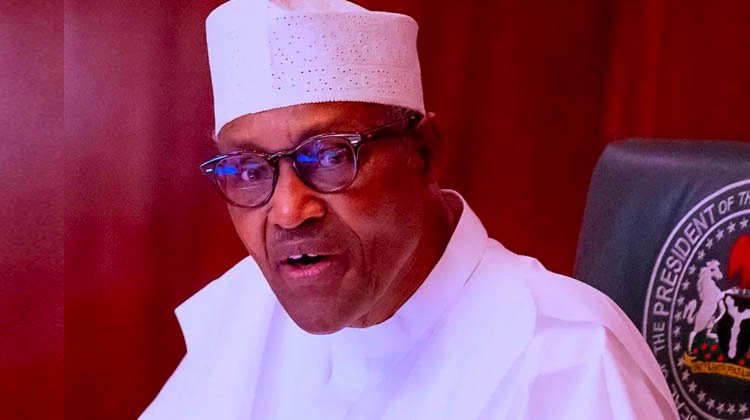President Muhammadu Buhari has approved an increment in the freight rate being paid to petrol transporters across the country. This move is believed to address the lingering Abuja fuel scarcity.
BizWatch Nigeria had reported that the lingering Abuja fuel scarcity was as a result of the inability of petrol transporters to purchase the diesel required of them to operate.
“The transporters are no longer putting all their trucks on the road again. They will prefer to ignore the person who will sell at N165, and go to another person who sells at N200 because they have added that higher cost of diesel. So, because NNPC is the one bearing all the brunt and bringing the product, they have just enough to make sure the price remains at N165. And then, some of those products cross the borders. Don’t forget, as I have said, because the price of crude is $120, the price of refined products has gone up. That means for all our neighbouring countries that don’t have regulated prices like ours, the price has gone up there too. So, the margin you can make if you manage to carry 50-100 litres across the border to Benin, Coutonou, Niger, Cameroun is high. You can buy at N165/litre here and sell at N400/litre there,” Tunji Oyebanji, the former chairman of the Major Oil Marketers Association of Nigeria (MOMAN), explained.
However, to address this concern, the Nigerian Midstream and Downstream Petroleum Regulatory Authority (NMDPRA) disclosed that Buhari considered the issue and had approved an upward review of the freight rate.
“His Excellency, President Muhammadu Buhari, has considered and approved the upward review in freight rate for transporters to alleviate the challenges associated with the distribution of Premium Motor Spirit (popularly called petrol) nationwide,” the NMDPR stated in a statement issued in Abuja.
Although the agency was silent on the exact amount, it was gathered from sources in the authority that the government increased the freight rate by N10.
“The approval was after due consultations with industry-wide stakeholders at the instance of the Nigerian Midstream and Downstream Petroleum Regulatory Authority,” the agency stated in its statement.













